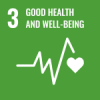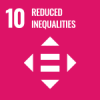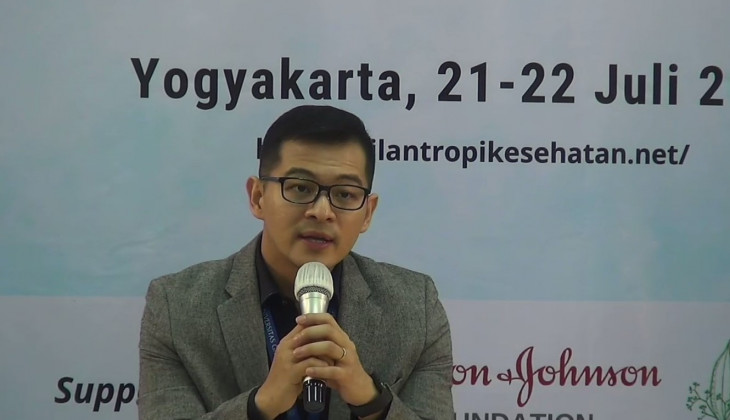The Center for Health Policy and Management (CHPM), Faculty of Medicine, Public Health, and Nursing UGM held the I National Forum for Health Philanthropy online on 21-22 July 2020.
This event was held to explore the potential for philanthropic funding for health development in Indonesia and a means of disseminating the first research collaboration between CHPM UGM and the Indonesian Philanthropic Association.
“The philanthropic sector’s role in health development in Indonesia is enormous and still can be explored. We can educate the public as donors and, on the other hand, also encourage the government to create policies that are more conducive to philanthropists,” explained Shita Listya Dewi MPH, CHPM consultant and researcher on Tuesday (21/7).
This forum is the first health scientific forum to discuss philanthropy in the health sector in Indonesia. Philanthropy in the health sector is a form of non-government sector participation in health management, even though the government is responsible for its citizens to gain access to adequate health services.
The research presented in this forum is a mapping of the activities of philanthropic institutions in Indonesia that contribute to the health sector. In this inaugural research dissemination, 117 corporate and non-corporate private institutions had contributed to the health philanthropic sector in Indonesia.
“It is urgently needed non-government parties to solve health problems in Indonesia. This does not depend on the government’s funding function, but to complement it,” said dr. Jodi Visnu, MPH as the main researcher.
The research started by identifying organizations that had contributed to health philanthropy in Indonesia and in-depth interviews with several philanthropy institutions to explore non-government institutions’ role in health philanthropy in Indonesia and explore philanthropy potential in the health sector and identify the challenges faced by non-government institutions in National Health Insurance era.
He explained, although the growth of Gross Domestic Product (GDP) reached 5.2 percent, the proportion of total health expenditure on GDP remained stagnant at 3.2-3.3 percent. Therefore, other finance sources such as philanthropy are deemed necessary to complement the health financing system during the National Health Insurance period.
Meanwhile, the Executive Director of the Indonesian Philanthropy Association, Hamid Abidin, S.S., M.Sc., revealed that the potential for health philanthropy in Indonesia is enormous. The number of donations for handling Covid-19 itself, he said, reached IDR 905 billion.
However, this has not been supported by a conducive policy and adequate research and data. According to Hamid, the government can provide conducive policies in giving facilities, awards, and tax incentives. The government can also increase organizational capacity and program effectiveness, assist in data provision and research development, and help program development and sustainability through policy and program adaptation.
“In overseas, philanthropy gets incentives in the form of tax deduction and tax exemption. In Indonesia, we have a tax incentive policy for five fields, but unfortunately, health is not included in it,” said Hamid.
Besides, according to him, it is necessary to educate people who are donors to be able to make donations in an organized and long-term manner.
“Not only curative health programs but also preventive and promotive programs whose impact and function are very strategic for health,” he said.
Source: https://ugm.ac.id/id/berita/19765-fkkmk-ugm-gelar-forum-nasional-pertama-filantropi-kesehatan



